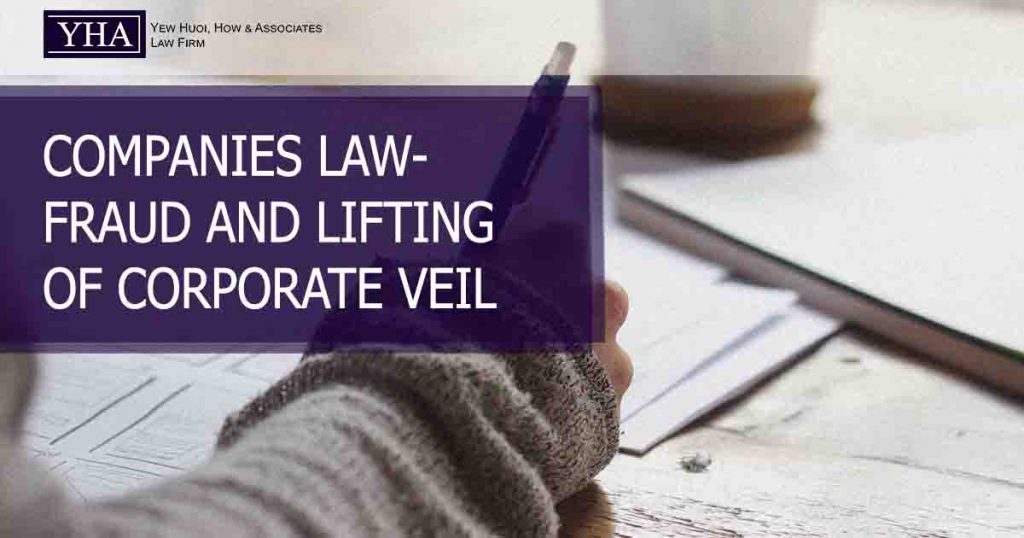My company (A Sdn Bhd) have entered into a contract with B Sdn Bhd company to construct a building. The directors of B Sdn Bhd told me that piling works will be paid in full. However, the written contract has missing pages purportedly stating that the piling work will not be paid. I am not aware of the missing pages. We were cheated. The piling works was completed and there was no payment from B Sdn Bhd. Later, I discovered that the directors of B Sdn Bhd has resigned. Can I sue the directors of B Sdn Bhd for cheating?
Yes.
- When fraud (commonly known as cheating) is perpetrated, the court can pierce the corporate veil to make the fraudster personally liable for cheating. This is also known as fraudulent misrepresentation in law.
- In this case, the directors can be made personally liable for fraud.
Q: What do I have to prove?
- The standard of proof for fraud in a civil proceeding is prove on the balance of probability.
- You have to give evidence that the directors of B Sdn Bhd told to you that the piling works will be paid in full. Alternatively, you can show the missing pages were deliberately omitted and concealed from your knowledge.
- This misrepresentation has induced or caused you and your company to complete the piling works.
Q: Can I claim for the full amount of losses suffered from the unpaid piling work?
Yes.
- The Court can allocate liability to the perpetrators of fraud, independently of the doctrine of piercing the corporate veil upon the finding of fraud caused by the directors.

